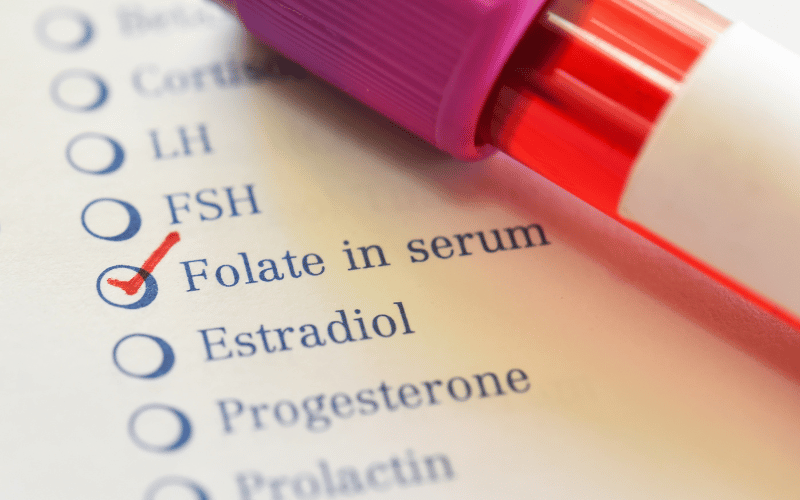3. Folate Deficiency Anemia: Building Blocks for Healthy Blood

Folate deficiency anemia is caused by insufficient levels of folate (vitamin B9) in the body. Folate plays a critical role in red blood cell production and DNA synthesis. This type of anemia can result from various factors, including poor dietary intake, excessive alcohol consumption, certain medications, and malabsorption issues.
Folate is naturally present in many foods, such as leafy green vegetables, fruits, and legumes. It’s also available in the form of folic acid, which is the synthetic version found in fortified foods and supplements. Treatment for folate deficiency anemia typically involves increasing dietary intake of folate-rich foods or taking folic acid supplements. In severe cases, a healthcare provider might recommend a higher dose of folic acid.
Symptoms of folate deficiency anemia can be similar to those of other types of anemia, including fatigue, weakness, pale skin, and shortness of breath. In addition, folate deficiency can cause a swollen, red tongue and changes in the appearance of the nails. Pregnant women are at particular risk for complications related to folate deficiency, as it can lead to neural tube defects in the developing baby.
Preventing folate deficiency anemia involves consuming a balanced diet rich in folate-containing foods or taking folic acid supplements as needed. Pregnant women or those planning to become pregnant should consult a healthcare professional for guidance on proper folate supplementation. (3)